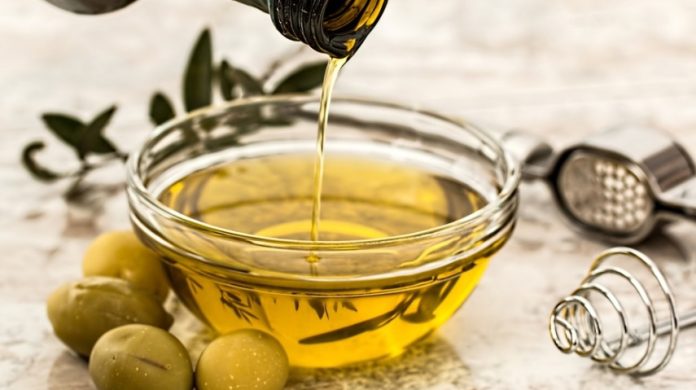In a huge olive grove on the very outskirts of Athens, grower Konstantinos Markou pulls aside the shoots of new growth to see the stump of a tree – he says it’s a roughly 150-year-old specimen that was one of 15 cut down on his neighbour’s property by thieves in order to make money, AP News reports.
The two-year drought in Spain has triggered a sharp rise in olive oil prices, opening up new opportunities for criminals across the Mediterranean to enrich themselves. In countries where olives are grown industrially – Italy, Greece and Spain – there has been an increase in warehouse break-ins, falsification of oil supply data and dilution of high-quality oil with low-quality product. But worst of all, gangs have emerged using chainsaws to steal heavy branches and even whole trees from unprotected groves. Markou said, before heading off to patrol his own grove at nightfall:
The olive robbers can sometimes produce more oil than the owners themselves – seriously.
Criminals are targeting the already low yields of farmers who, in addition to patrolling their land, are struggling with high production costs and climate change, which has led to warmer winters, severe flooding and more intense wildfires. Greek farmers want to bring back a rural police unit that was abolished in 2010. In Spain, a company has developed tracking devices that look like olives to try to catch thieves. In the southern Italian region of Puglia, farmers are asking police to create an agricultural unit.
The olive groves in the plains around Athens International Airport are part of a tradition that goes back to ancient times. Some trees have been growing for more than a hundred years, according to AP News.
Mostly thieves steal the branches. When a whole tree is cut down, the thieves usually saw it into pieces and load it into a pickup truck, selling the wood to sawmills or firewood, while the olives are taken to an oil mill. Neilos Papachristou, who runs an olive mill and nearby grove in a fourth-generation family business, said:
The (robbers) look for heavily loaded branches and they cut them. So, not only do they steal our olives, but they cause the tree serious harm. It takes 4-5 years for it to return to normal.
Due to increased thefts, some farmers are harvesting early, which means accepting lower yields to avoid long-term damage to trees. Christos Bekas is one of them, who was among the farmers at the Papachristou factory unloading their crops into stainless steel loading bins, untying bags and tipping tall wicker baskets off the back of their pickup trucks.
Bekas has 5,000 olive trees. Thieves repeatedly had raided his plantation before he decided to harvest early. He says it took more than two and a half times as many olives by weight to produce a kilo of oil as last year. He noted:
And all this after we’ve been spending nights guarding our fields. The situation is appalling.
Spain typically accounts for about 40 per cent of the global olive oil supply. However, after decades of growth, the global olive oil market has been undermined by nearly two years of drought in the region. Global production is expected to fall to 2.5 million metric tonnes this year, down from 3.4 million tonnes a year earlier, AP News reports.
Base prices for extra virgin oil in Spain, Greece and Italy reached €9 ($4.35/lb) in September. This is more than three times the 2019 level. This has resulted in a significant price increase for consumers. In Greece, the cost of a 1-litre bottle of extra virgin oil has risen from $8-9 last year to $15 this year.
As reported by Spanish police in October, 91 tonnes of stolen olives have been seized in recent weeks. In February, six people were arrested in southern Greece for stealing 8 tonnes of olive oil in a series of warehouse break-ins over several weeks. Farmers in the Italian port city of Bari, in the south-west of the country, say the thieves have become increasingly brazen, stealing tractors and expensive equipment along with the olives.
The regional agricultural association has appealed to police for help after reports that 100 olive trees were destroyed or seriously damaged in a single incident last month. Gennaro Sicolo, head of the association, described the economic damage as “enormous” and said “farmers must be protected”. Markou, the Greece grower, said of the tree-cutting:
This is a felony. You kill your own history here.
